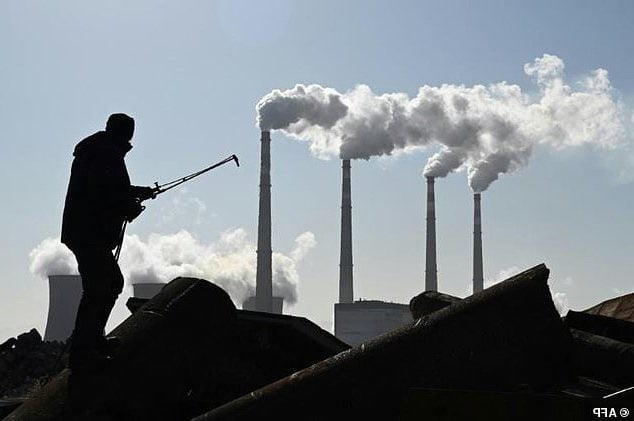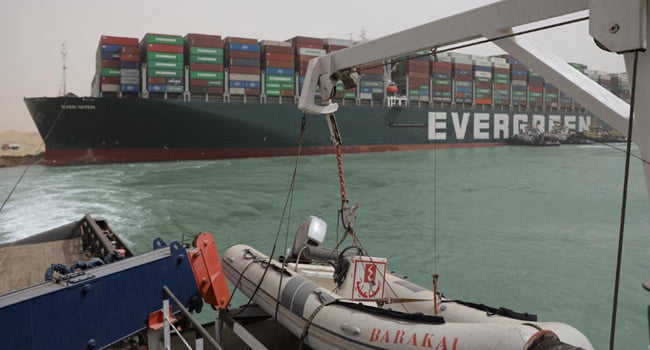Beijing’s air pollution is far below acceptable World Health Organization levels with the Chinese capital a month away from hosting the Winter Olympics
The city declared a “war on pollution” after winning the Olympics bid in 2015, shutting down dozens of coal plants and relocating heavy industries in order to shed its status as one of the world’s most polluted cities.
China also hopes to use the Games to showcase its green credentials and has built dozens of wind and solar farms to power the sporting spectacle.
Beijing’s environment bureau said on Tuesday that the concentration of ultrafine PM2.5 particles — blamed for a rise in lung cancer, heart attacks and premature babies — dropped to 33 micrograms per cubic metre in 2021, down a third from levels in 2013 when the city was had some of the world’s worst air quality.
But levels are still six times higher than the 5 micrograms per cubic metre mark recommended by the WHO.
“Beijing’s average PM2.5 reading was down 63.1 percent from 2013 when records began, decreasing at a pace that far exceeded the rates seen in developed countries over the same period,” the city government said.
The clean-air campaign — which has greatly reduced the number of days where the city is hit by thick smog — also pushed millions of households and businesses to switch from coal to natural gas for winter heating.
Despite the improved air quality, smog risks remain “severe”, China’s environment ministry warned last week.
The ministry added that Olympic host cities Beijing and Zhangjiakou have contingency plans in place should smog envelope venues and affect visibility.
But the air pollution figures showed major strides in the average reading of Ozone — an atmospheric gas responsible for tens of thousands of deaths in China each year -— which stood at 149 micrograms per cubic meter last year, well above WHO standards.
“The 2021 air quality data for the city of Beijing is encouraging,” Li Shuo, a campaigner for Greenpeace China said.
“Air pollution is also a nation-wide challenge. While citizens in Beijing breathe with ease, many other provinces need to see much faster progress.”
China was home to 42 of the world’s 100 most polluted cities last year, according to air quality tracker IQAir.
According to the WHO, as of 2019 there was some 99 percent of the world’s population living in places that do not meet air quality guidelines.
AFP



